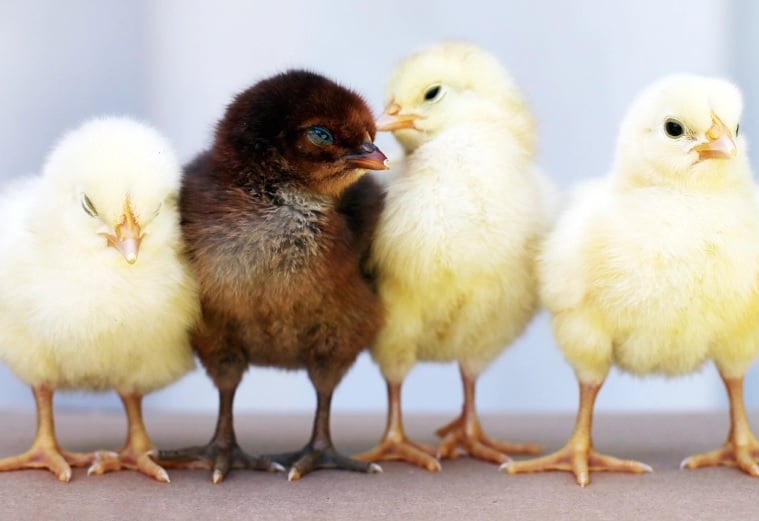
What are the strangest habits that your kids have had?
My oldest child is a hair twirler. Round and round and round it goes. It’s all sorts of adorable mixed with a tiny bit annoying because it is not his hair he likes to twirl. It is mine.
Which can be kind of inconvenient when I have something to do and he wants to twirl.
Mama, I want to hold your hair, he says standing in the line for the checkout.
Mama, I want to hold your hair, he says as we are about to run out the door.
I know it is a habit mixed with a slight bit of anxiety, so I try to ignore him while re-directing his attention to other things. It is one of those things with kids that on some days you find oh-so-endearing, while on others you just want them to STOP.
Kids are weird and wonderful creatures aren’t they? All complete with their own sets of weird and wonderful idiosyncrasies and hair twirling is just the tip of the iceberg.
Cuticle biting and skin picking.
They nail bite, they nail pick and then they cuticle bite till their stubby little fingers are red raw and bleeding.
Skin picking can also take place on other body parts. One child I know manages to get his toes into his mouth and he eats the skin from them. Talented huh?
This habit is one to try and discourage as those chubby little fingers could pick up an infection.




























































































